OU News
News from The Open University
- Home
- Category: Science
Category: Science
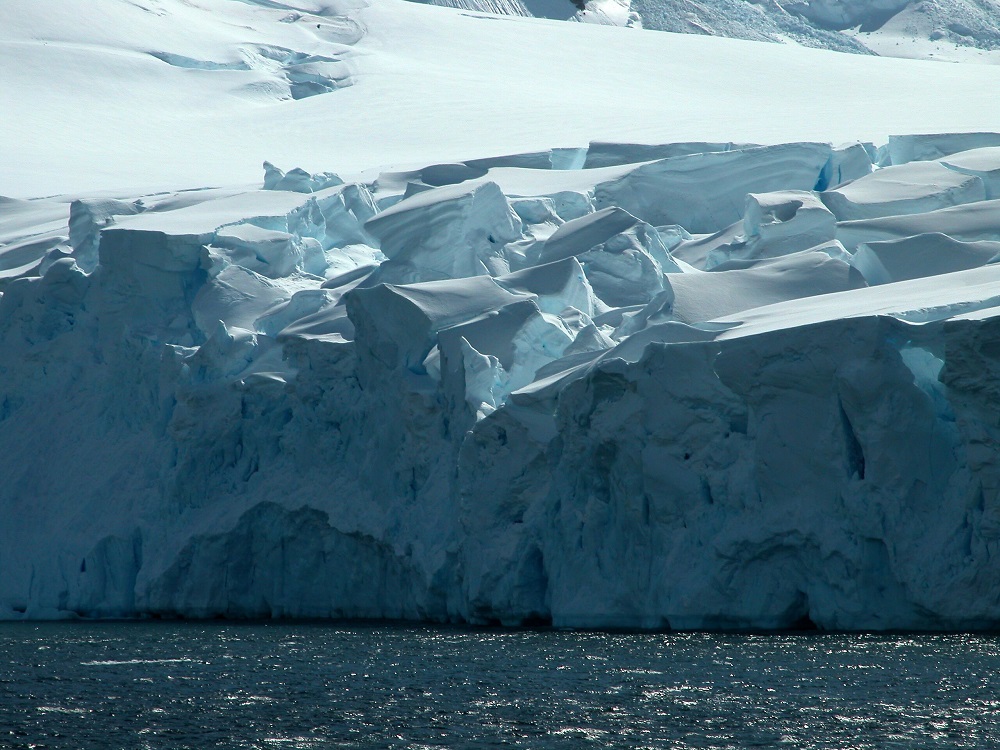
Researchers challenge sea level stats, but warn forecast still poor
Researchers, including academics from The Open University (OU), say predictions about rising sea levels may not be as high as feared. But they warn that unless there is a drastic reduction in carbon emissions, sea levels will keep rising. In a research paper, just published in the journal Nature, they suggest that sea level rise could […]
Read more about Researchers challenge sea level stats, but warn forecast still poor
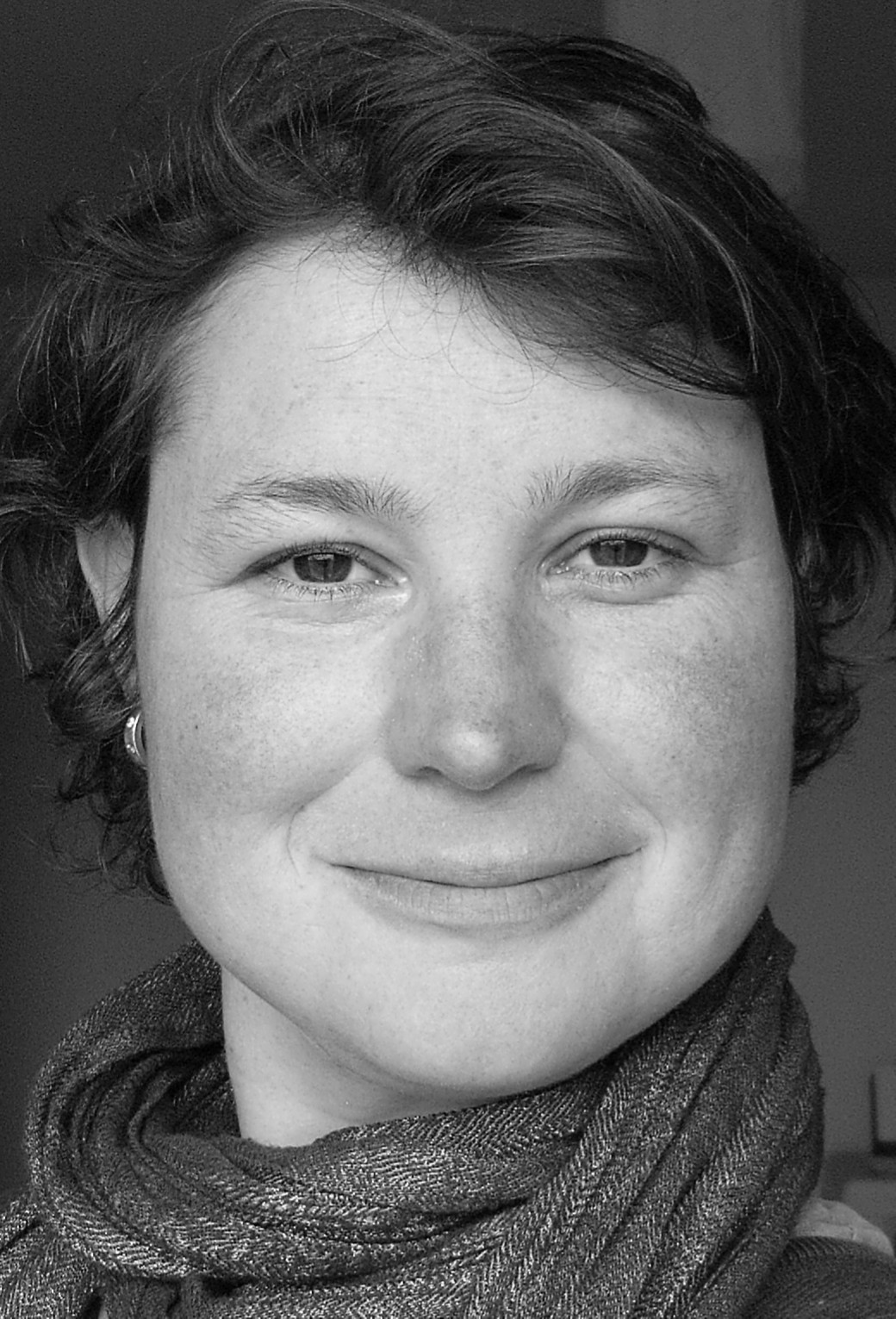
Karolien Verheyen: Sarcoidosis diagnosis was my study inspiration
In 2007, Karolien Verheyen was diagnosed with sarcoidosis, a rare condition that causes small patches of red and swollen tissue (granulomas) to develop in the body’s organs. Her diagnosis led Karolien to find out more about how the human body functions and she registered for a module in human biology with The Open University, later […]
Read more about Karolien Verheyen: Sarcoidosis diagnosis was my study inspiration
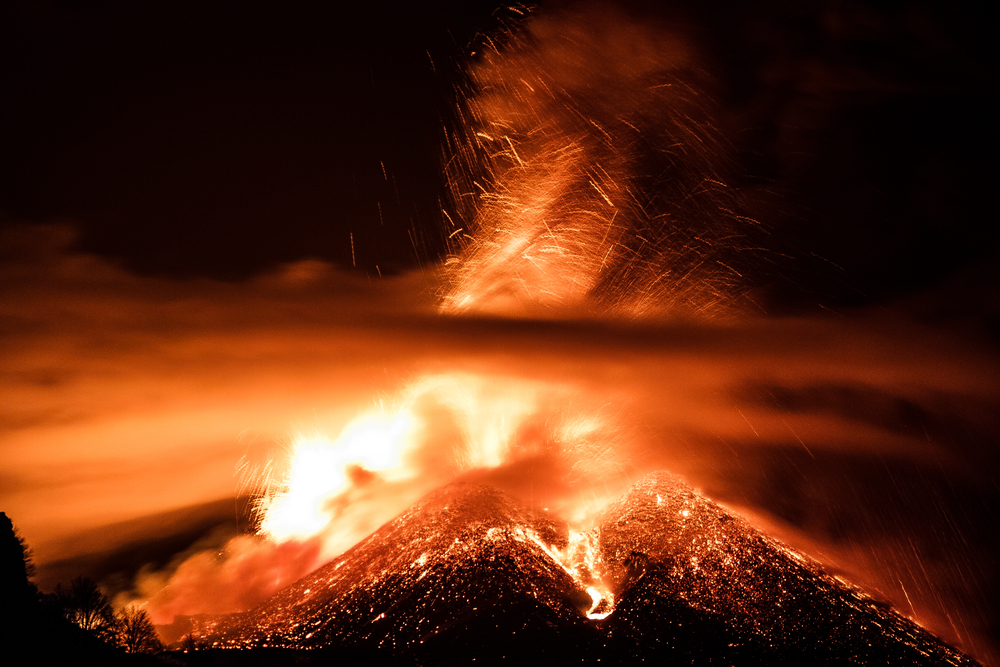
From volcanoes on Mars to scarps on Mercury – how places on other worlds get their names
The New Horizons spacecraft, which flew past Pluto in 2015, successfully completed a flyby of “Ultima Thule”, an object in the Kuiper belt of bodies beyond Neptune on January 1, 2019. The name Ultima Thule, signifying a distant unknown place, is fitting but it is currently just a nickname pending formal naming. The official names […]

Do you hit snooze? OU academic uncovers our sleep patterns
There’s more to a good night’s sleep than we might think, suggests Dr Paul Kelley, who has created a public research project to open our eyes to our chronotype – our natural sleep pattern. If you’re prone to sleeping on the job, it could be you’re going against your chronotype. Changing your work/study hours might […]
Read more about Do you hit snooze? OU academic uncovers our sleep patterns
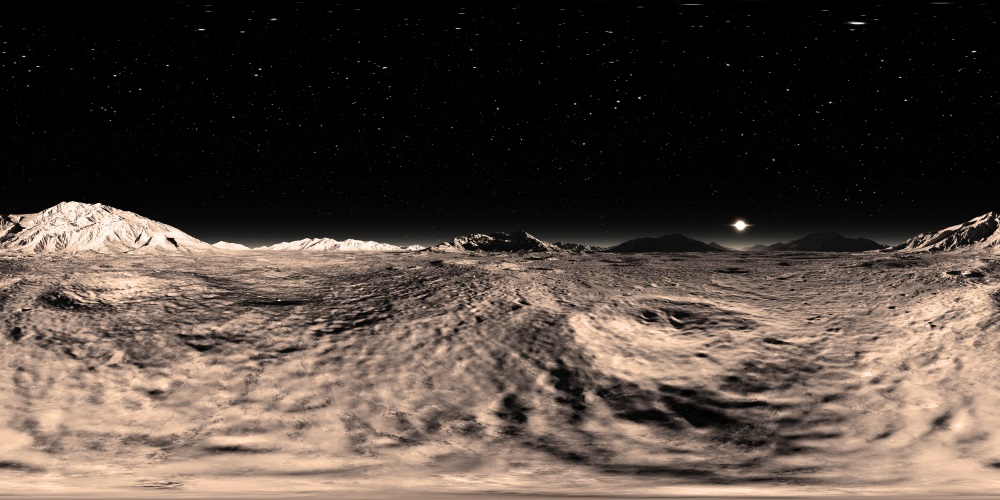
Some like it hot – OU scientist explains the mission to Mercury
The BepiColombo spacecraft blasted off into space, bound for Mercury in the early hours of Saturday 20th October from French Guyana and travel 9 billion km to reach Mercury in 2025. The hope is that its findings will help uncover the mysteries of the least explored planet in the inner Solar System and the closest […]
Read more about Some like it hot – OU scientist explains the mission to Mercury
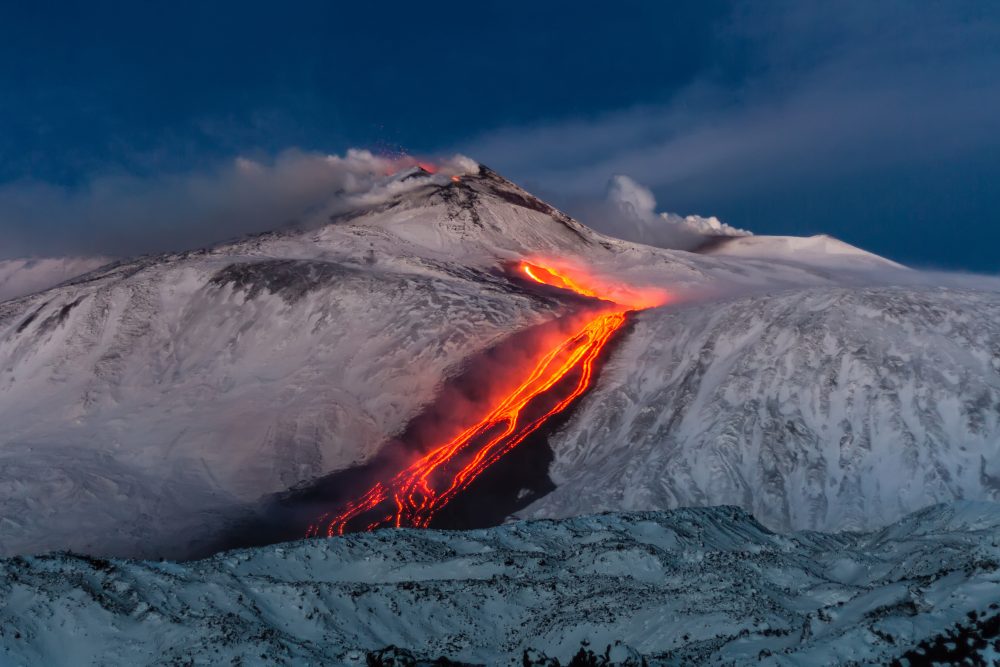
Mount Etna: volcano is sliding towards the sea and now we know why
The southeast flank of Mount Etna in Sicily is sliding towards the sea at a rate of several centimetres a year. This might not sound like much, but the kind of stress that this movement creates inside volcanoes can cause devastating landslides. If, one day, Etna’s movement significantly increases then it could have serious consequences. […]
Read more about Mount Etna: volcano is sliding towards the sea and now we know why

Dame Jocelyn Bell Burnell wins physics prize
One of The Open University’s early female physics tutors has received the Breakthrough Prize for the discovery of radio pulsars. Dame Jocelyn Bell Burnell intends to donate the £2.3m prize money to help women and under-represented ethnic minority students to become physics researchers. The money will be given to the Institute of Physics to fund […]
Read more about Dame Jocelyn Bell Burnell wins physics prize

One trillion tonne iceberg spins out to sea
One of the world’s largest icebergs – four times the size of London – has broken away from Antarctic shores and started spinning towards the open ocean. Scientists are trying to predict where it’s heading, and Professor in Polar Oceanography at The Open University (OU), Mark Brandon, is one of those tracking its progress. “Spectacular […]

Curious Kids: how does gravity pull things down to Earth?
This is an article from Curious Kids, a series for children of all ages. The Conversation is asking young people to send in questions they’d like an expert to answer. All questions are welcome: find details on how to enter at the bottom. How does gravity pull things down to Earth? – Gabriel, age four, […]
Read more about Curious Kids: how does gravity pull things down to Earth?
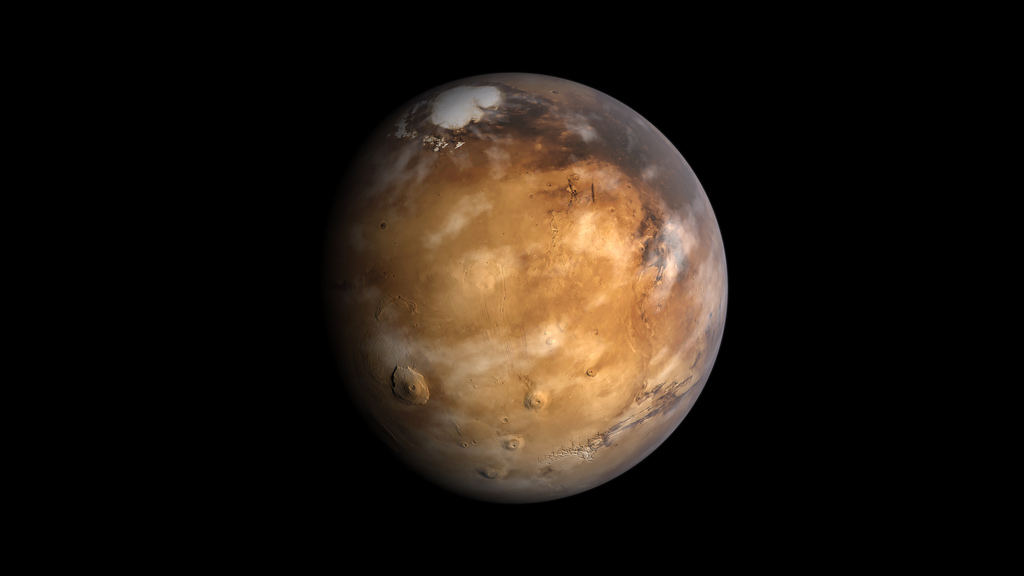
We know there is water on Mars – what next?
The age old question of whether Mars has ever supported life is the focus of the latest research from scientists at The Open University (OU). With over half a million pounds of funding from the UK Space Agency, they will be exploring the chemistry of the martian environment to determine if life has ever existed, […]
Page 7 of 13